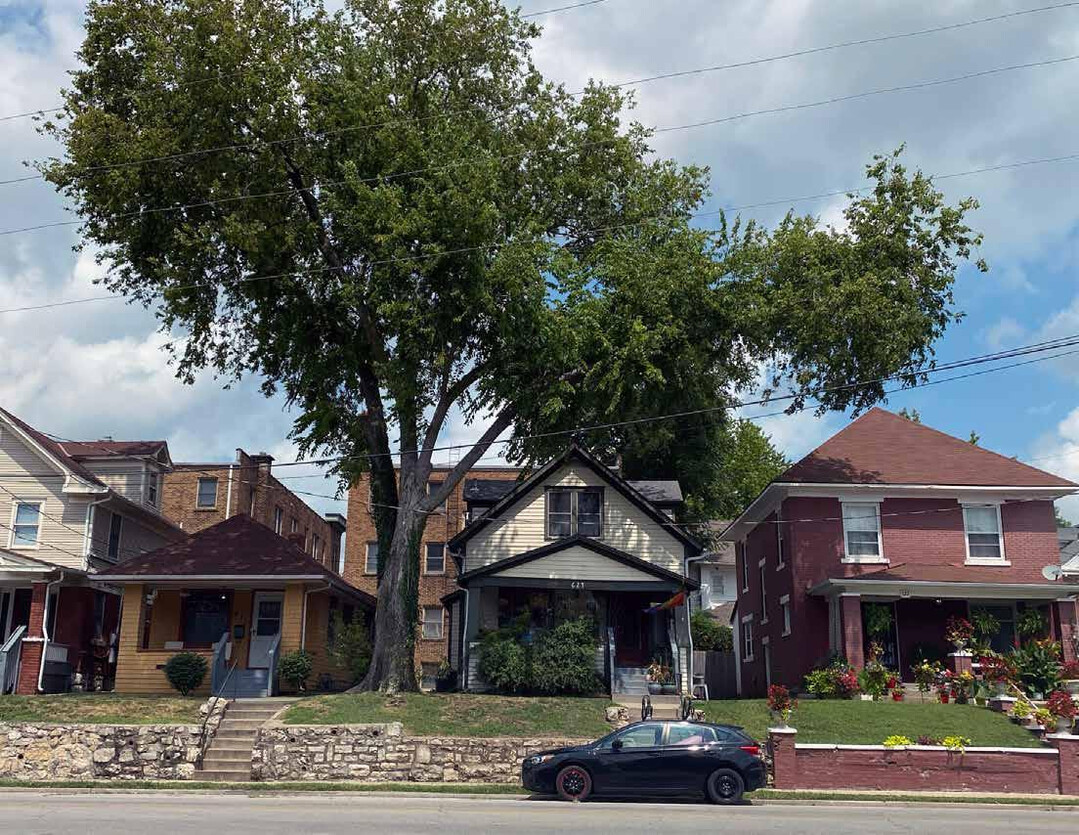
PANAMA CITY – The Panamanian Chamber of Construction (Capac) recently convened a meeting with housing promoters and developers from across Panama to discuss the proposed extension of the Preferential Interest Law. The key point of discussion was the need to maintain this benefit for homes valued up to $120,000, a move deemed crucial for the struggling construction sector.
The expiration of the law, specifically sections 1 and 2 concerning housing up to $120,000, has already triggered significant repercussions. Over 12,000 jobs have been lost, municipal tax collection has declined sharply, and families with pre-approved credits have faced rejection, jeopardizing their homeownership aspirations.
According to Capac President Alejandro Ferrer Solís, this initial meeting aimed to formulate a proposal that reflects market realities in both Panama City and the country's interior regions. This newly formed working group plans to hold further discussions, inviting representatives from the banking sector, contractors, suppliers, and other stakeholders involved in the construction industry.
The construction sector plays a vital role in Panama's economy, contributing 15.67% to the Gross Domestic Product (GDP), according to data from the National Institute of Statistics and Census (INEC). In the interior provinces, the impact is even more pronounced, with construction and real estate activities accounting for an average of 22.7% of the regional GDP. The assembled associations emphasized that halting social housing construction could lead to severe job losses and destabilize the regional economy. The extension of the Preferential Interest Law is thus seen as a critical measure to revitalize the sector and protect livelihoods.
[Copyright (c) Global Economic Times. All Rights Reserved.]





























